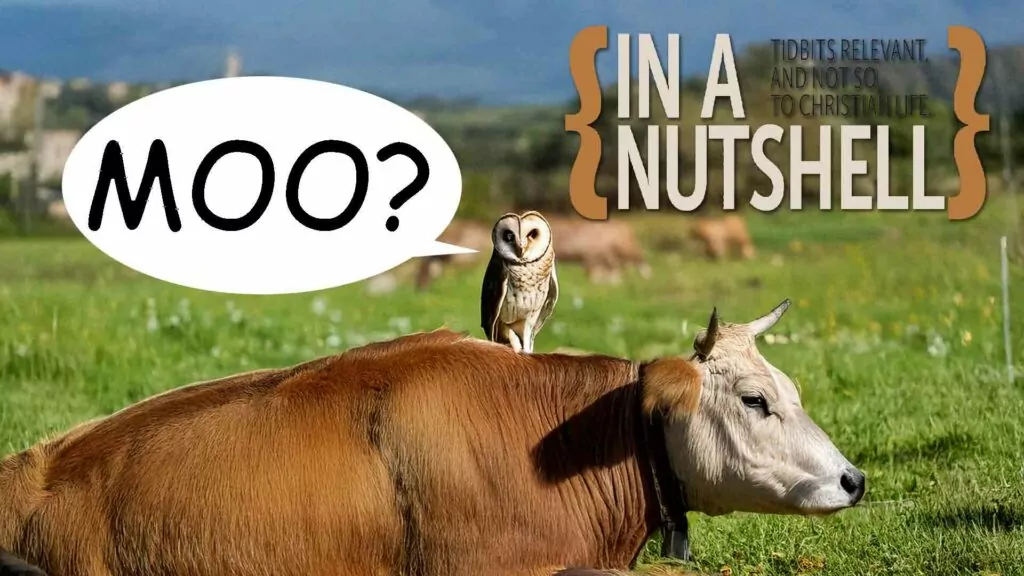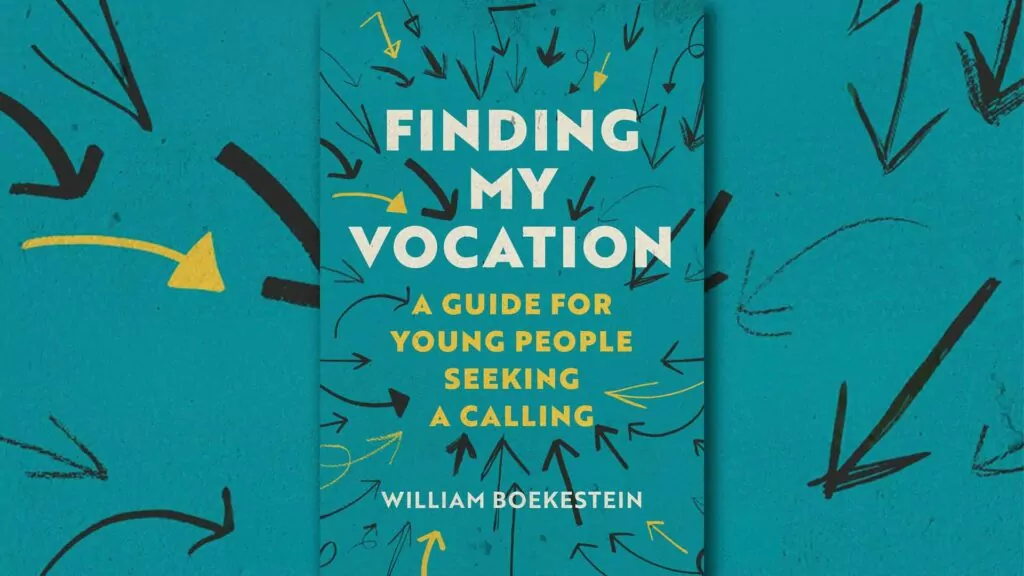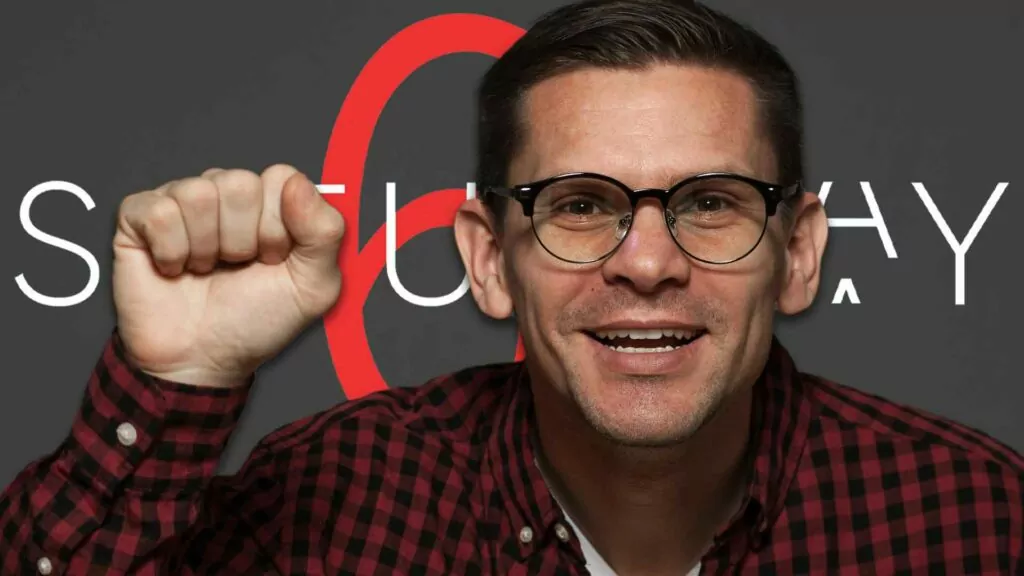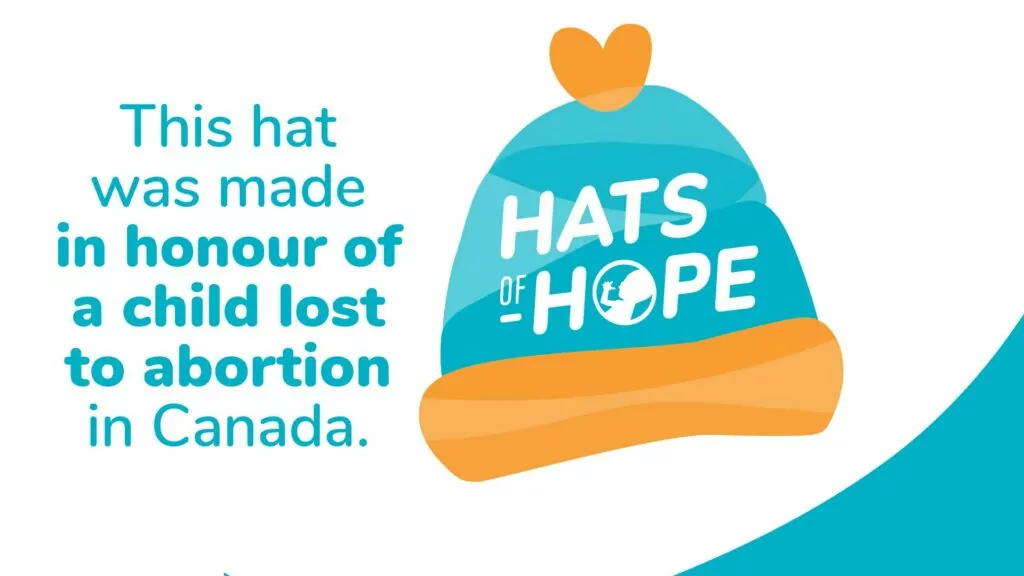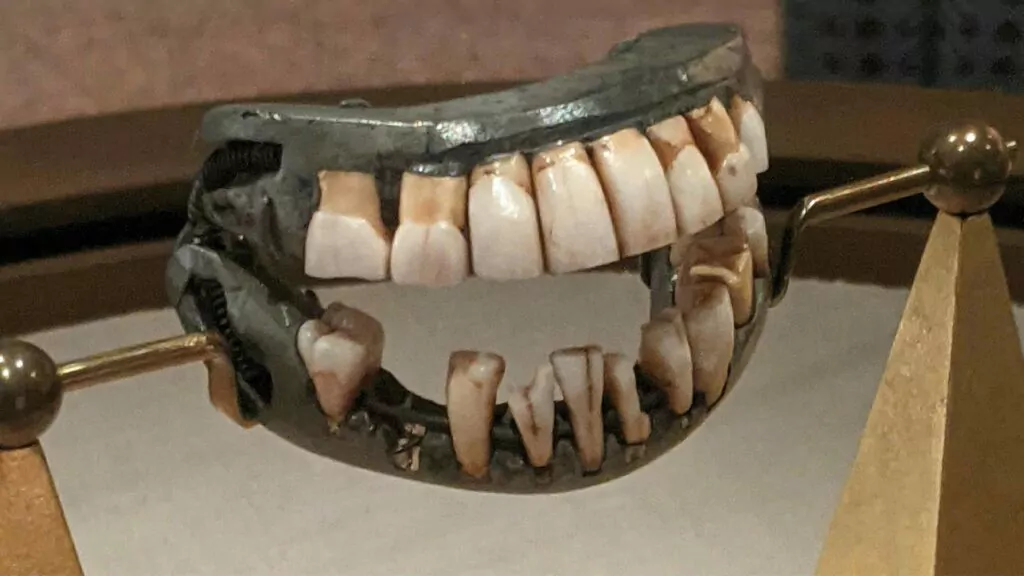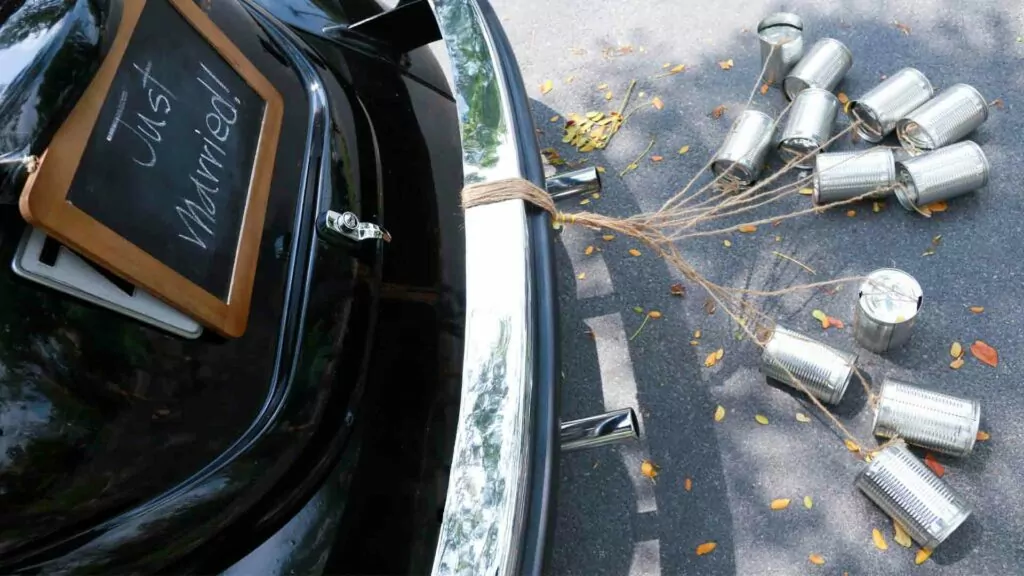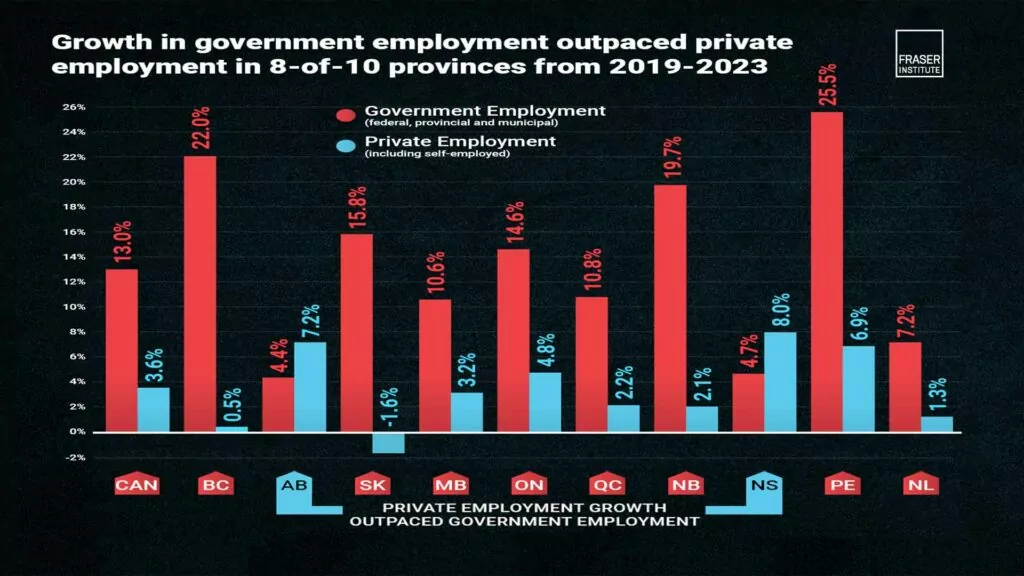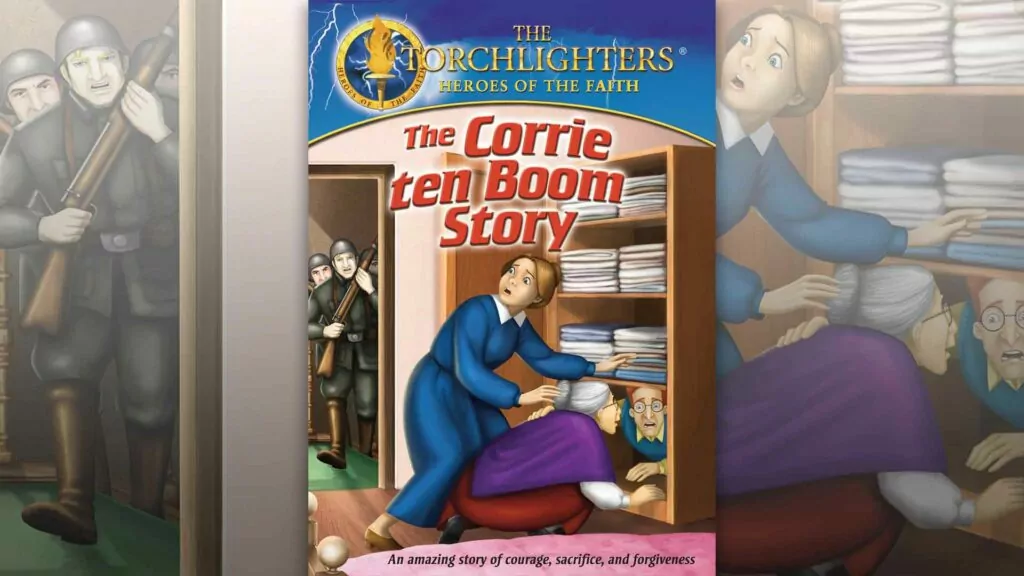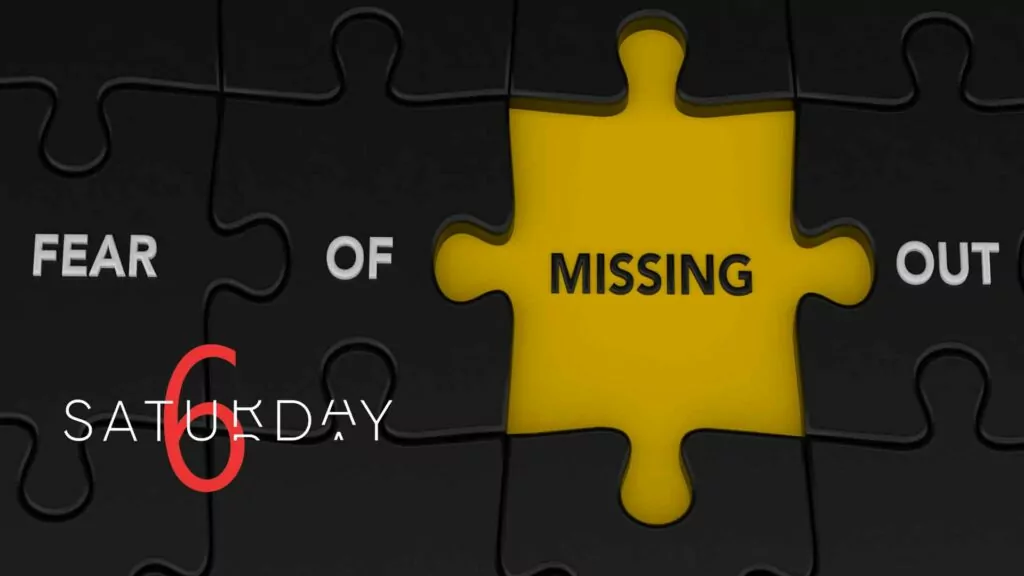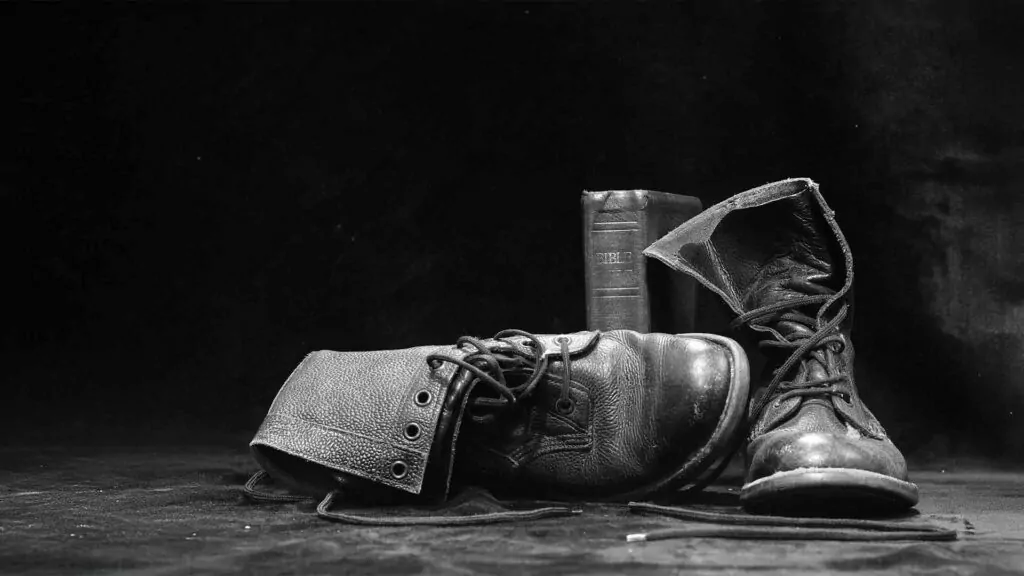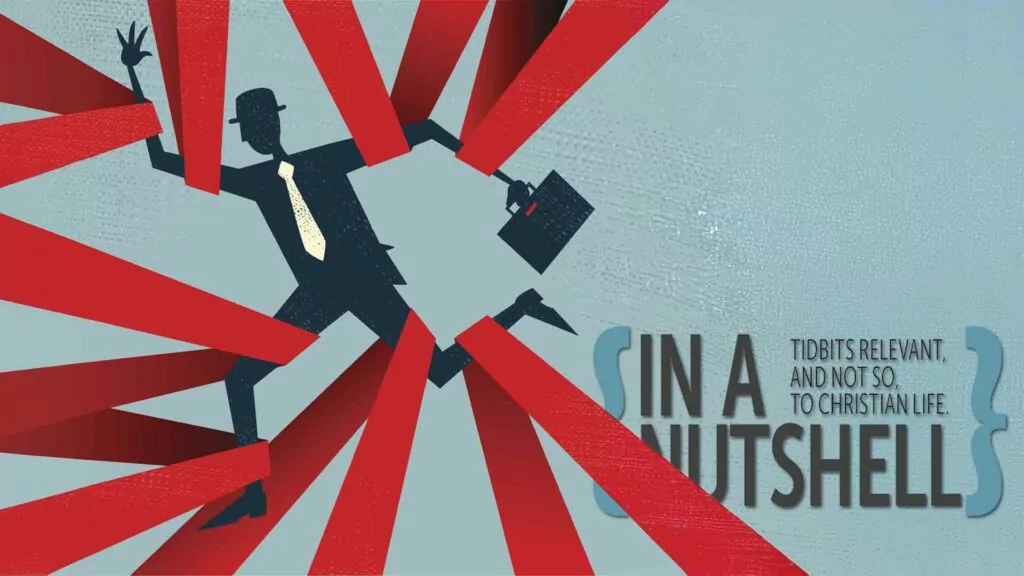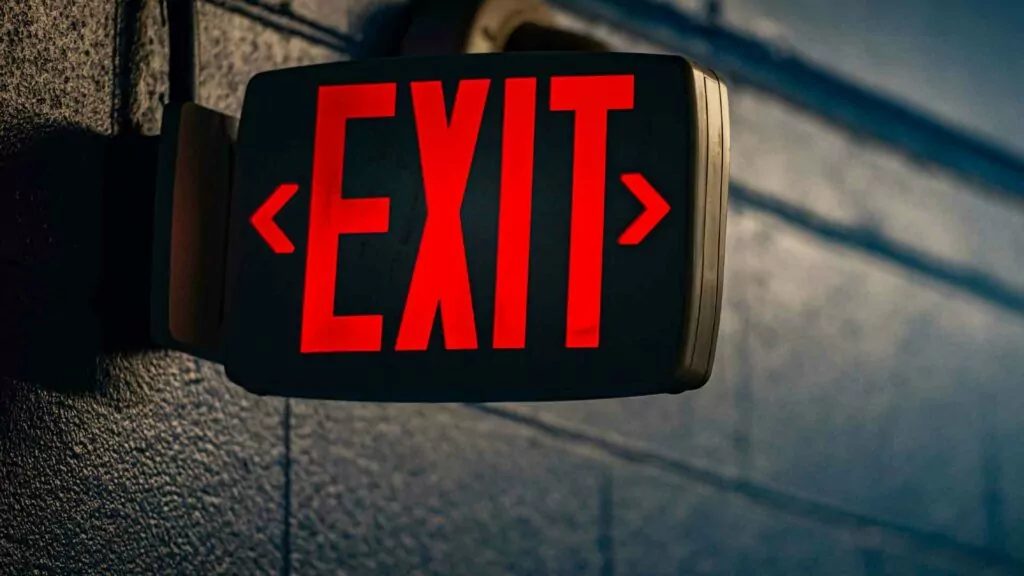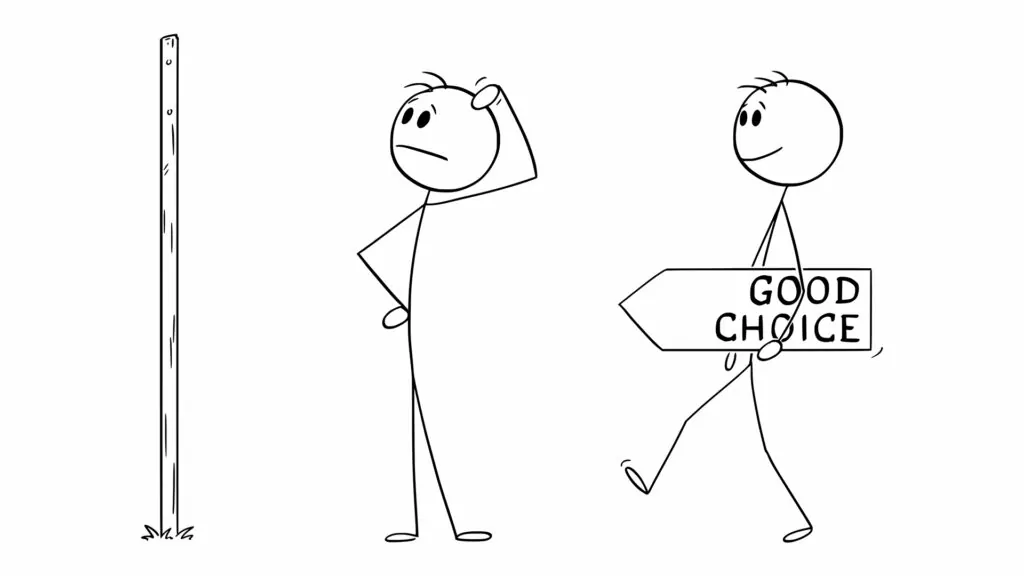
Education
I’m graduating – now what?
You’re a high school senior; you’ve worked hard from kindergarten through 12th grade, and now you’re almost ready to graduate. You’re a little tired of being asked by friends and relatives: What are your plans after high school? You know they mean well, and are genuinely curious about your next steps, but you can’t answer them, because you just don’t know!
I was once in your shoes, and I’d like to help you make fewer mistakes than I made as I muddled my way through the morass of post-secondary schooling and different job opportunities, before finding the right path for me. I stumbled, and I muddled, but am grateful that the Lord provided in all circumstances.
What direction?
When I was your age, most young folks who showed interest or aptitude inside the classroom were encouraged to pursue a university degree, for two main reasons.
First, most people believed that to be able to provide well for your family, you needed a college or university degree to get the kind of job that would generate a reasonable income.
Second, many Reformed Christians believed that we as the children and grandchildren of immigrants needed to have more influence on the academic and professional culture of North America. Therefore, it would be good if more Christian young people obtained undergraduate and graduate degrees.
Have things changed since my high school graduation in 1986? In a word: yes. A college or university degree remains a necessity for some professions, and a helpful résumé addition for many others. But you can go without and still generate an income that will allow you to support your family, your church, and your community. If you have a specific plan that requires a degree – if you want to become a lawyer, or a minister, or a teacher – then university is your path.
But what if you’re not sure?
Don’t be a Logan
Consider this fairly common scenario for two young Canadian students. Good buddies Logan and Josh both got pretty good grades at school, although Logan didn’t have to work very hard to get them, thanks to his good memory. He even qualified for a scholarship to McMaster University that enabled him to get reduced tuition!
Josh and Logan both enjoyed working in the summers for a small local company, Boomtown Builders, doing small renovations and building decks, learning from their boss how to build efficiently and safely. Offered an opportunity, Josh decided that he would stay on full time at Boomtown after high school graduation.
Logan was looking forward to his new university life at McMaster. But there were a couple of problems: Logan didn’t really know what he should study, and he hadn’t really learned how to study – in high school, he had rarely needed to crack open the books in the evenings. But of course, this was all about to change.
In order to find his way, Logan took general courses in English, History, Biology and Calculus – he would have time to declare a major later. But with no one to look over his shoulder and remind him to get his assignments in on time, and without a clear direction and target to inspire him, Logan started to fall behind. Feeling behind the curve, he started to skip classes. Not going to classes meant he was ill-prepared for quizzes and tests, and he didn’t hand in some of his assignments. At the end of his second semester, Logan had failed two courses, and his marks were so poor overall that he lost his scholarship and would have to pay full tuition the following school year. Will Logan end up going back for his second year, or has he just wasted ten months and thousands of dollars?
Meanwhile Josh was taking on more responsibility at Boomtown, even running a small job on his own so the company could take on a few more projects. With the boss’s encouragement, Josh enrolled in a college course on estimating, so that he could help out on that side of the growing business. His responsibilities grew, and his income grew, and Josh became a very valuable member of Boomtown Builders, with a promising future.
In this simple story, Logan wasted his time and treasure by not working hard, and Josh made good progress and established a healthy direction for his life by applying his skills and working diligently. Had Logan just worked hard, attended classes, and applied himself, perhaps he also would have charted a path towards a successful career. But by enrolling at university without a clear target and direction, Logan ended up spinning his wheels ineffectively. It might have been far better for him to work a year at Boomtown to find out more about what he was good at, and what he enjoyed, before deciding on a target, and how to get there.
Have a plan
In Proverbs 21:5, Solomon reminds us “The plans of the diligent lead surely to abundance, but everyone who is hasty comes only to poverty.” Earlier, in chapter 19, he advises “Listen to advice, and accept instruction, that you may gain wisdom in the future.”
There are many resources available to high school students to help you make a plan for your post-secondary life. Your school has guidance counselors who would be glad to make you aware of opportunities that may suit your skills. Your parents, your uncles and aunts, and grandparents all might encourage you in different directions. The next time they ask you, “What are you going to do after high school?” you can ask them what they think you should do! You can’t follow everyone’s advice, but you can certainly listen and reflect on what those who know you well give you as counsel (Prov. 1:8-9).
By the end of your high school years, you’ll probably have worked part time, or during the summers, with different employers. These job experiences can be hugely valuable in discovering your skills, your interests, and what long-term prospects are like in these fields. Whatever your current job is, work diligently and industriously for the benefit of your employer and their customers. On your breaks and at lunch time, ask lots of questions to your boss and your co-workers, especially about what this business needs to be even more successful. What kind of talents are needed there, and what kind of education or training might one need to fill the areas of need?
Even if you determine that the type of work you did as a student isn’t something you would want as a career, you haven’t wasted your time. The experience will leave you more determined to find an occupation that you enjoy, and more motivated if you do enter college or a trade school to push through to get your qualifications: “I know I don’t want to do that, so I’ll work extra hard to chart out a different path!” Knowing how hard a restaurant server works, or how difficult it can be to work construction on a cold winter’s day will also help you gain appreciation for your neighbors who do labor in these occasionally thankless fields.
Consider the cost!
In Luke 14:28-29, Jesus says:
“For which of you, desiring to build a tower, does not first sit down and count the cost, whether he has enough to complete it? Otherwise, when he has laid a foundation and is not able to finish, all who see it will mock him.”
It’s a basic principle in life, also echoed often in the book of Proverbs: have a plan, and count your costs up front!
Before enrolling at a college, trade school, or university, you should carefully consider how much your certification will cost, and how you will pay for your years of schooling. One financial analyst recommends that a student spend no more on tuition and books over the course of their schooling than how much they could expect to make in their first year of employment in that profession. As an example, if a newly certified teacher could be expected to earn $45,000 in his first year of teaching, then he should find a way to spend less than $45,000 in educational expenses to earn his degree. This is just a general guideline, not a hard and fast rule, but it may give you some direction for a reasonable and prudent budget as you begin your studies.
It is even more important to consider how you will pay for your degree. In the United States, it is very common for young people to borrow over $120,000 to obtain a four-year degree, and lenders have made it very easy for them to get these loans.
According to Statistics Canada’s latest numbers in 2020, on average, Canadians graduating with an undergraduate degree have $30,000 in student loan debt, and will take an average of eight years to pay off these debts.
Avoid the debt trap
The Bible has warnings against becoming indebted, at one point comparing debt to becoming a slave: “The rich rules over the poor, and the borrower is a slave of the lender” (Prov. 22:7). For many, student loan debt is a trap, easy to fall into and hard to get free of, so I would strongly advise against borrowing to pay for your degree.
If you find yourself short of your first-year tuition, perhaps you need to work for a year full time before starting school again. Count on working part time during the school year, and full time during breaks between semesters. Yes, homework takes time, and studying requires many hours: that is why it’s great to get your degree while you are young and have the energy and focus that may be more difficult as you take on more responsibilities later in life.
Living at home and commuting to school can have a huge impact on your ability to stay out of debt. Moving out into a dorm apartment, or into a house near school with roommates may sound great, but these scenarios introduce all kinds of additional costs: groceries, utilities, rent, fast food, entertainment – these bills go up exponentially when you are away from home. No one cooks like your mother, and she would love to still have you home at dinner time. Your parents would most likely greatly encourage you to live at home so that they can enjoy your contributions to the family culture for a few more years. I know, it may sound lame, and you may wish to spread your wings already now… but your older self will thank you for your decision to study from home!
Stay north young (wo)man!
While researching this article, I was surprised at how low annual tuition is in Canada compared to the average costs in the USA. A full-time student at Simon Fraser University in Burnaby, BC may pay less than $7,000 CDN for one year; while the equivalent cost at Western Washington University in Bellingham is nearer to $14,000 USD!
Costs at private colleges may be considerably higher, but again the rates at Canadian schools can be far more reasonable than those at American institutions. Consider that tuition at Redeemer University in Ancaster is currently less than $10,000 CDN (thanks in part to some generous donors!), while Calvin University in Michigan begins at nearly $40,000 USD annually! (It is very common for Christian university students to get discounts and scholarships relatively easily, but these numbers do provide a helpful baseline.)
Since most readers of Reformed Perspective live in Canada, I can unequivocally advise, “stay north to study – your wallet will thank you!”
Are you mature enough?
University can be exciting and enjoyable when you find the right course of study, but are you ready? It’s possible that you are not yet spiritually mature enough to take on the intellectual challenges of what is often a hostile environment for Christians. Professors and teaching assistants at most colleges and universities are no longer sympathetic to a Christian worldview. When you assert that there are two genders, that life begins at conception, or that you believe homosexuality is against God’s created order, teaching staff and students will let you know you have fallen far outside of the mainstream of opinion. Perhaps even more dangerous, you may begin to feel “old fashioned” or “out of touch” – does the Bible really say that?
Christian post-secondary schools are not necessarily havens of safety either. Just consider how many universities were founded as Christian and aren’t now – Harvard, Yale, Oxford, and the University of Toronto to name just a few. So, drift is common, and the lecturer at the front of your class may call himself a Christian, but his view of what the Bible teaches may be vastly different from how you have been taught, and what you know to be true. I don’t mean to infer that every teacher at a Christian college is dangerous – not at all! But you must be thoroughly grounded yourself in the truths of God’s Word so that you can weigh others’ theories in the light of Scripture.
How do you know if you’re ready? Ask people whose opinion you trust for their thoughts. Your grandmother, your uncle, your elder, your parents – those folks who know you well will be able to offer good insight on your readiness to make your way in the post-secondary world. Ask them to be honest, and don’t be offended if they give different counsel than you expect!
Stay grounded
If you haven’t yet publicly professed your faith, continue pre-confession classes while you are at college. Yes, it may fill up one more evening in your busy week, but the Lord gives us the great gift of ministers and elders who are qualified to teach the church’s confessions to young people, and who enjoy the task. So take their instruction seriously – they may be providing the very answers you’ll need when you are challenged in university.
If you have professed your faith, stay diligent in your Bible study opportunities with brothers and sisters in your congregation. Take the opportunity to ask questions about anything you’ve encountered at school: you may be surprised at the wisdom of a farmer or framer, or the insight of a housewife or teacher. Chances are very good that what you are wondering about has been faced by the saints before!
Closing thoughts
University is not for everyone. There is nothing shameful in deciding that you don’t want a degree, and would rather get a two-year college diploma, or a certification in the trades!
But if you do decide to enroll at a university, I pray that this short article can give you some guidance in how to plan your years of study. The Lord has given many different gifts to His children: work diligently with what you have, and be wise in how you use the talents He has entrusted to you.









